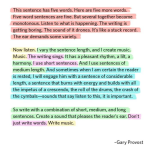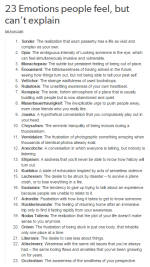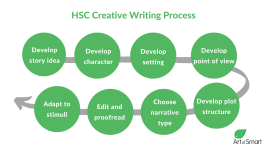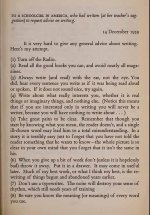ElectricBlue
Joined 11 Years Ago
- Joined
- May 10, 2014
- Posts
- 19,132
Yeah, I'm constantly flipping my multiple descriptors during edit. My first brain to page dump often reads wrong, later on.I lament that the title bars on Lit are too short to permit a story about "The Beautiful, Tall, Thin, Dirty, Antique, Purple, Thai, Silver, Riding Thing."
Seriously, though, it's funny how wrong it can sound, getting some of those out of sequence.




